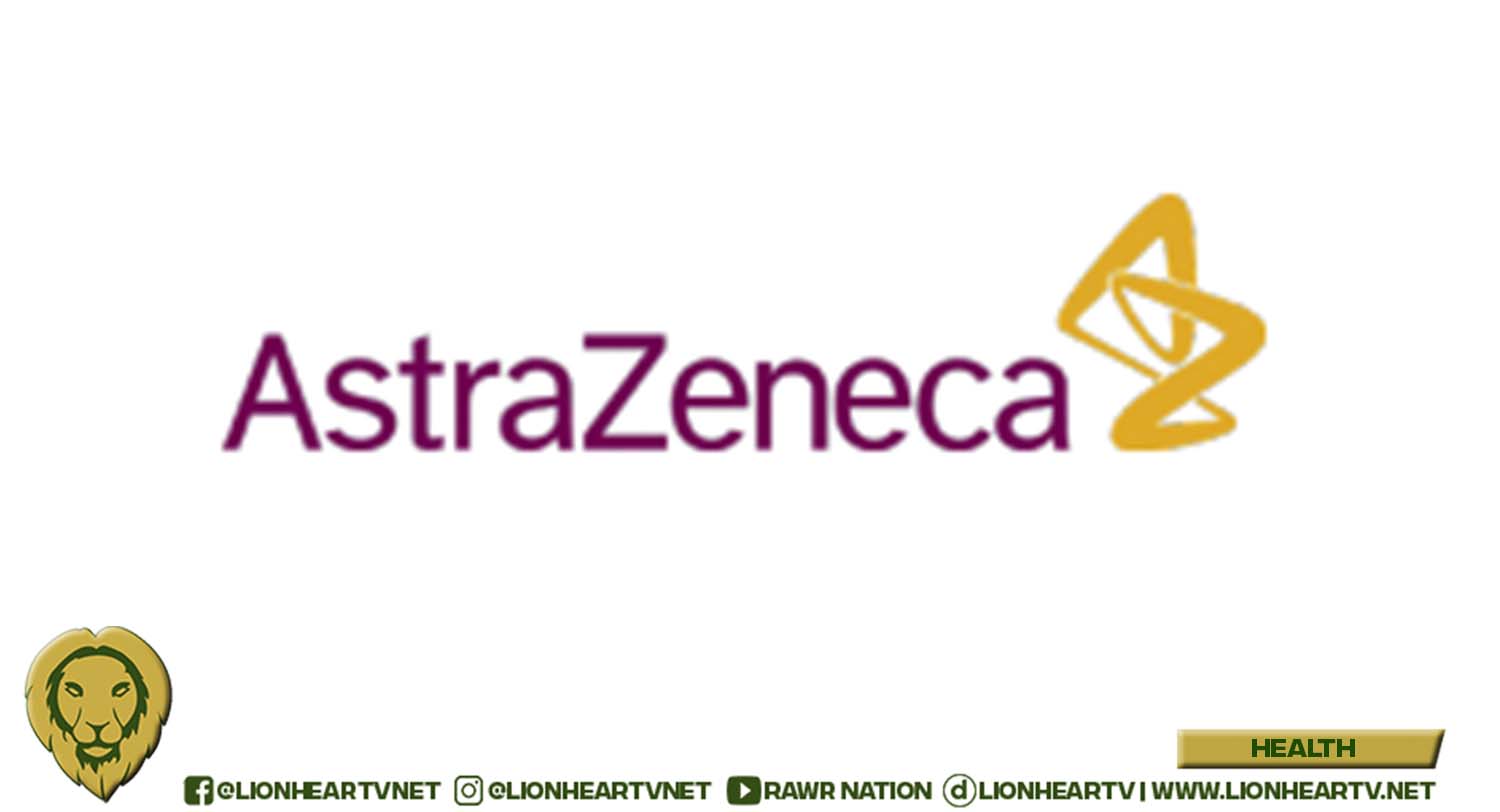A newly published expert review of real-world data demonstrates that AstraZeneca’s vaccine and mRNA COVID-19 vaccines provide equally effective protection against hospitalization and death following two doses.1

The review, published by Expert Review of Vaccines, a monthly peer-reviewed medical journal, looks at the effectiveness of the world’s most-used COVID-19 vaccines from 79 real- world studies.
The data shows that both the AstraZeneca vaccine, a viral vector vaccine, and ‘mRNA’ COVID-19 vaccines, offer equivalent protection against hospitalization (91.3%-92.5%) and death (91.4%-93.3%) regardless of age, with no statistical difference between them.1 While data available at the time of review relates to Delta and earlier variants, available statistics indicate similar findings on serious COVID-19 outcomes resulting from Omicron.2
Professor Guy Thwaites, Director of the Oxford Clinical Research Unit in Vietnam and one of the study’s authors, said: “The data reveals how the world’s most widely used vaccines protect people against the very worst outcomes from COVID-19. With the virus set to have a significant global impact for the foreseeable future, the new data serves as important information for the region’s policymakers as they put strategic plans in place for the continued protection of their populations.”
Lotis Ramin, Country President, AstraZeneca (Philippines) Ltd., said: “AstraZeneca remains fully committed to continue to supporting the national government’s response against COVID- 19 and to achieving a healthcare infrastructure in the country that can withstand any challenge from the pandemic and beyond.”
The data, reviewed by infectious disease experts from across Asia, comes from VIEW-hub, an interactive platform for visualizing global data on vaccine use and impact developed by Johns Hopkins Bloomberg School of Public Health and the International Vaccine Access Center. The platform is updated on a weekly basis to include global real-world studies on vaccine effectiveness. The 79 real-world studies reviewed included comparative effectiveness data for AstraZeneca’s vaccine and mRNA vaccines, specifically BNT162b2 and mRNA-1273. The VIEW-hub platform is not currently designed to capture the safety outcomes of these studies, preventing similar safety comparisons.
AstraZeneca’s vaccine is a ‘viral vector’ vaccine, which means a version of a virus that cannot cause disease is used as part of the vaccine, so if the body is exposed to the real virus later it is able to fight it. This vaccine technology has been used by scientists over the past 40 years to fight other infectious diseases such as the flu, Zika, Ebola and HIV.3
AstraZeneca and its global partners have released over 3 billion vaccine doses to more than 180 countries, and approximately two-thirds of these doses have been delivered to low- and lower-middle income countries. Based on model outcomes assessing COVID-19, the AstraZeneca vaccine is estimated to have helped save over 6 million lives between 08 December 2020 and 08 December 2021. 4
AstraZeneca COVID-19 Vaccine (ChAdOx1-S [Recombinant], formerly AZD1222) AstraZeneca’s COVID-19 vaccine was invented by the University of Oxford. It uses a replication-deficient chimpanzee viral vector based on a weakened version of a common cold virus (adenovirus) that causes infections in chimpanzees and contains the genetic material of the SARS-CoV-2 virus spike protein. After vaccination, the surface spike protein is produced, priming the immune system to attack the SARS-CoV-2 virus if it later infects the body.
The vaccine has been granted a conditional marketing authorization or emergency use in more than 125 countries. It also has Emergency Use Listing from the World Health Organization, which accelerates the pathway to access in up to 144 countries through the COVAX Facility.
Under a sub-license agreement with AstraZeneca, the vaccine is manufactured and supplied by the Serum Institute of India under the name COVISHIELD.
In the Philippines, the COVID-19 Vaccine (ChAdOx1-S [recombinant]) COVAX Supply has been given ‘emergency use listing’ by the World Health Organization. Similarly, the direct supply has been granted Emergency Use Authorization (EUA) by the Philippine Food and Drug administration (FDA). This means that there is more evidence to come about this medicine. The World Health Organization and the Philippine FDA will review new information on this medicine as it becomes available, and the leaflet will be updated as necessary. Please also note the vaccine cannot be marketed or sold, advertised, and promoted.


